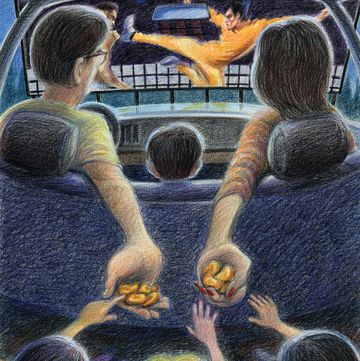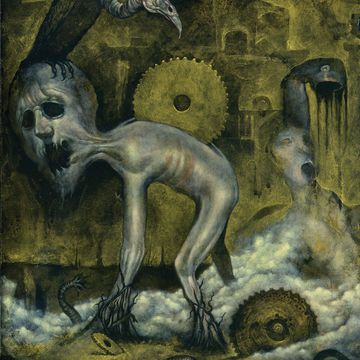During the pandemic, I moved to the Bay Area. After a few days of quarantine, I couldn’t resist walking to see the water. On the way, I found myself noticing attentively the physical interactions between things, a way of communication abolished during the pandemic. When I arrived at the shoreline, I faced a construction site that blocked the ocean from view. I think there is a sense of madness at the end of the poem, like inertia from the pandemic—that the bodily intimacy doesn’t eradicate this long forced solitude, that this lonely imagination still wins.•
The wind is bitter with charred things,
lapping and shedding the brackish riprap.
Difficult to tell whether it is touching
or slapping from my human perspective.
There is a God of Courtship in the grass.
An old couple waits for the traffic light,
holding hands; they become one thing,
like the words: load-bearing, dog-friendly,
or moonlight. Then the light changes.
I walk to where the shoreline is under
construction. I must imagine my own ocean.
I walk back, with the blueness inside of me.
This poem appears in Issue 25 of Alta Journal.
SUBSCRIBE
Shangyang Fang comes from Chengdu, China. A recipient of Stanford University’s Wallace Stegner Fellowship, he is an assistant professor at the University of Massachusetts Boston. He is the author of Burying the Mountain (Copper Canyon Press, 2021).












